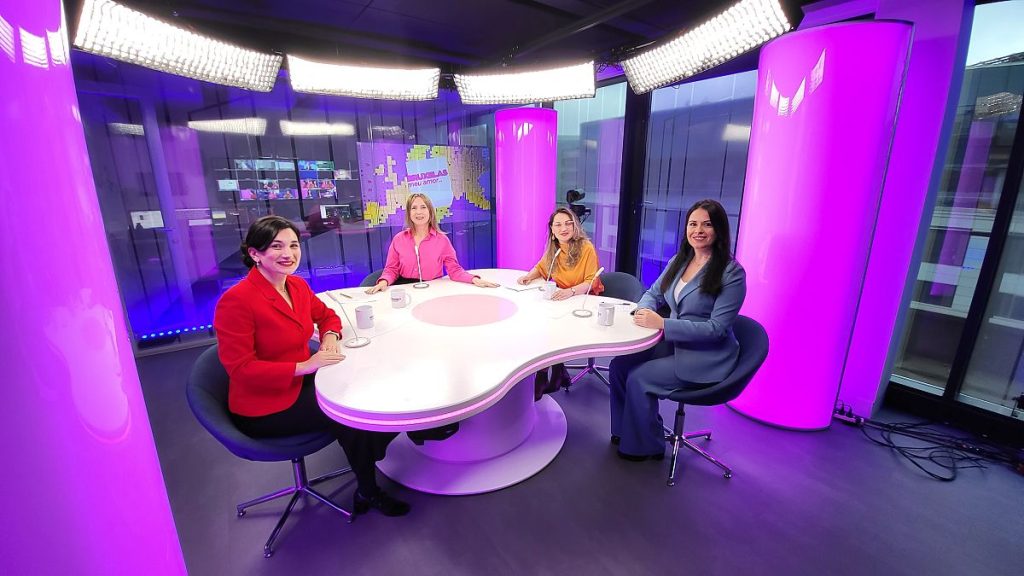In this edition, the focus is on Georgian authorities moving the country away from the European Union and the sentiments in the Western Balkans towards an EU growth plan. Guests on the show include Tinatin Akhvlediani, a research fellow with CEPS, Iliriana Gjoni, a research analyst with Carnegie Europe, and Teona Lavrelashvili, a policy expert at the Wilfried Martens Centre. The discussion centers around the recent parliamentary elections in Georgia where the pro-Kremlin Georgian Dream party emerged victorious. However, allegations of election rigging led to widespread protests in the country. Lavrelashvili expressed disappointment, stating that a country aspiring to become an EU candidate should not have such flawed elections. Akhvlediani added that the rigging on election day was undeniable but challenging to prove. Spanish MEP Antonio López-Istúriz White, who was monitoring the elections, was shocked by the Prime Minister’s plan to ban the opposition post-election, calling it alarming for democrats.
Another key topic in Brussels this week was the publication of EU enlargement reports which outlined the progress of the ten countries seeking to join the EU. The reports were released shortly after European Commission President Ursula von der Leyen’s visit to the Western Balkans. The reviews suggest that the Commission is unlikely to recommend opening accession talks with Georgia in the near future. This decision comes as a disappointment for those in Georgia who were hopeful of closer ties with the EU. The panelists on the show discussed the implications of these reports and the challenges faced by countries in the Western Balkans in their EU accession process.
The discussion underscores the complexities of the current political landscape in Georgia and the broader European region. The panelists analyze the impact of the election results in Georgia on the country’s aspirations to join the EU and the implications of the EU enlargement reports for countries in the Western Balkans. The rise of pro-Kremlin forces in Georgia has raised concerns about the country’s democratic processes and its commitment to European values. The panelists highlight the need for transparency and fairness in future elections to legitimize Georgia’s candidacy for EU membership.
The controversy surrounding the Georgian elections and the EU enlargement reports highlight the ongoing challenges in the region regarding democratic governance and EU integration. The panelists emphasize the importance of upholding democratic norms and principles in all aspects of governance to ensure a smooth path towards EU membership. The lack of progress in Georgia’s accession talks with the EU serves as a reminder of the obstacles that countries in the region face in meeting the criteria for EU membership. The panelists stress the need for continued reforms and cooperation between the EU and aspiring countries to address these challenges and advance the enlargement process.
Overall, the discussion on the show sheds light on the complex dynamics at play in Georgia and the Western Balkans regarding their relationship with the European Union. The panelists provide valuable insights into the political developments in the region and the implications for EU enlargement. As countries navigate the challenges of democratic governance and EU integration, the panelists emphasize the importance of transparency, fairness, and commitment to European values. The show serves as a platform for informed analysis and debate on key issues shaping the future of Europe and its relationship with its neighboring countries.













